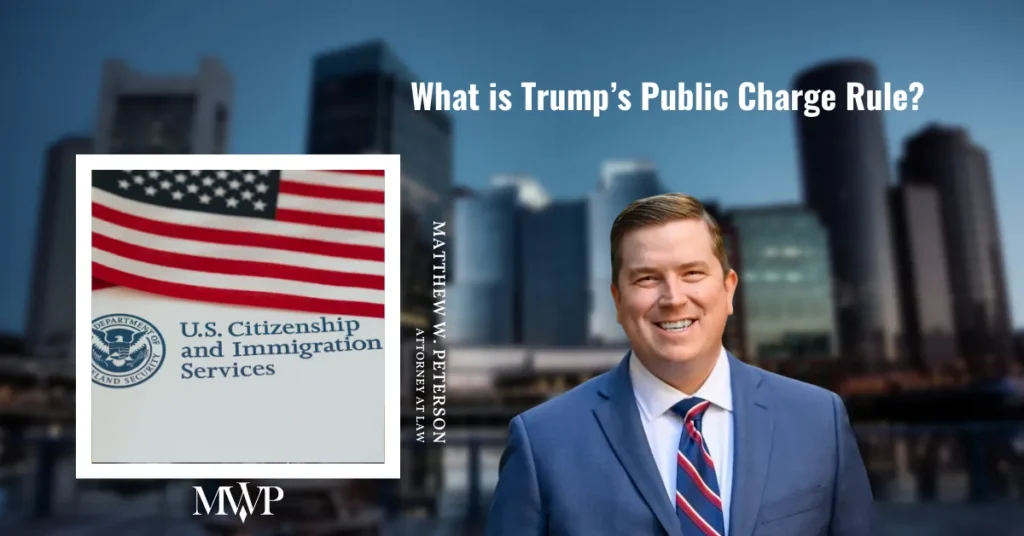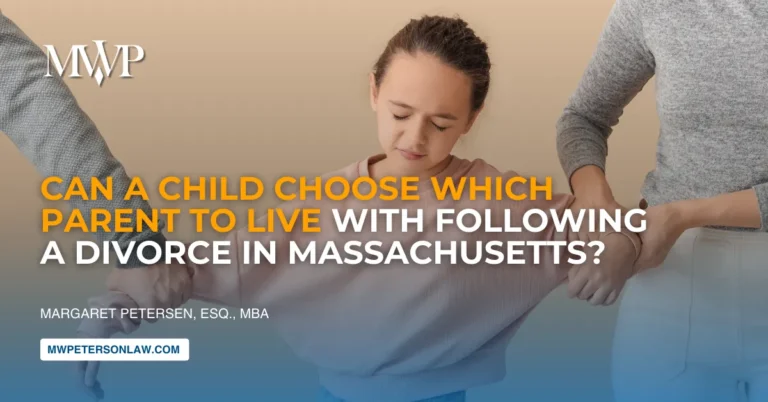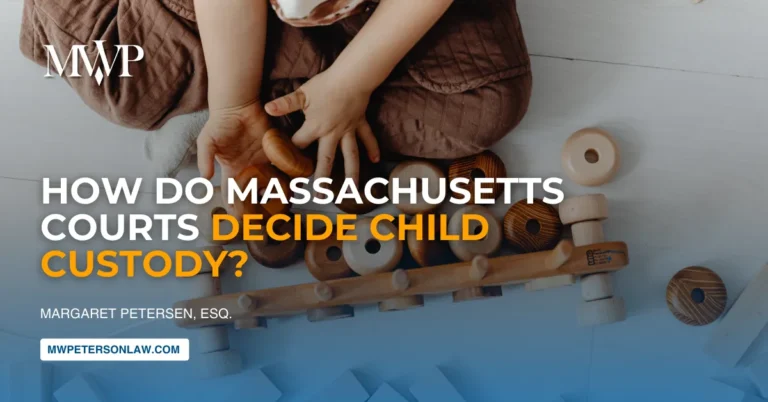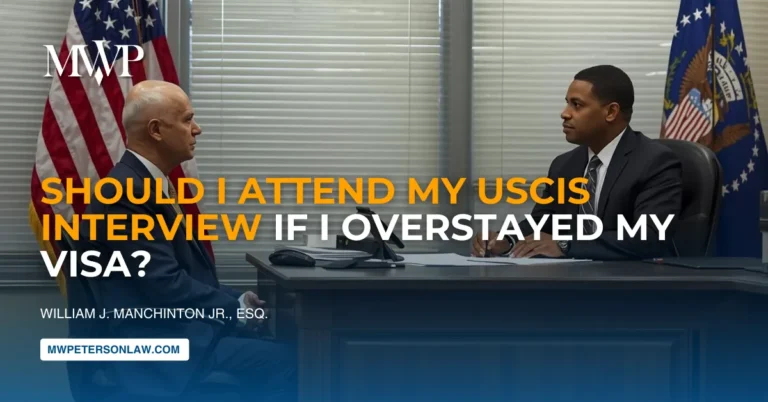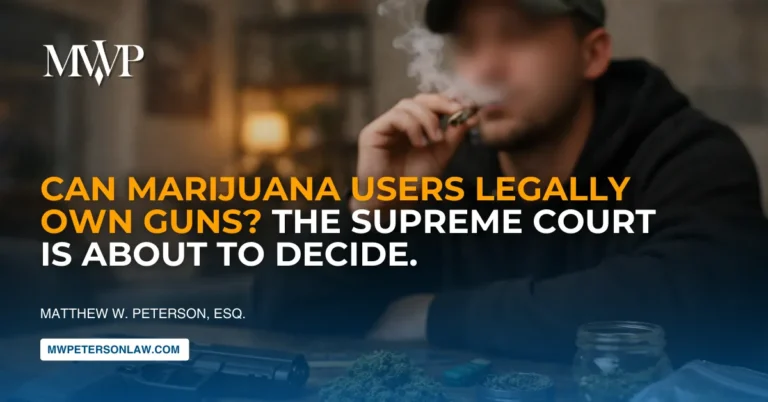Overview of Trump's Public Charge Rule
Donald Trump’s public charge rule requires much more burdensome financial paperwork to be submitted for many immigrants. Effective February 2020, President Donald Trump implemented a new rule that makes it much more difficult for immigrants with limited means and who have received public assistance to receive immigration benefits. This is known as the inadmissibility on public charge grounds rule.
Definition of Public Charge
The public charge rule means that immigration officials must consider whether the beneficiary has ever received public assistance before. Public assistance includes any time the government has given you aid directly, such as Medicaid, welfare, or other such government programs.
Changes to Immigration Forms
Many immigration forms now include questions related to public assistance. Ensure that you are using the newest immigration forms when applying. Donald Trump’s public charge rule does not apply to certain kinds of immigrants, such as VAWA self-petitioners. There are other people that the rule doesn’t apply to, but check with an immigration attorney.
What New Paperwork is Required for Trump's Public Charge Rule?
Not only that, but there is a new form for adjustment of status applicants, I-944, that requires you to disclose your income, assets, debts, education, and public benefits. This is in addition to the other forms required for adjustment of status.
The I-944 makes the adjustment of status process much more burdensome – you now must disclose a host of other documents, such as bank statements, credit score reports, statements for student loans and other debts, education certifications, and many other documents.
If you have received public assistance, you need to explain the circumstances and show that you can be self-sufficient. Donald Trump’s public charge rule makes an immigration attorney much more necessary.
Assistance with Applications
If you need help with your application for adjustment of status or the new public charge rules, I can help. We are an immigration firm in Boston serving all of Massachusetts.
Contact Us Today!
Call or text the Law Office of Matthew Peterson at (617) 295-7500 for a consultation. Let’s work together to navigate these complex rules and secure your immigration benefits. Your future is important—take the first step today!
FAQs About Trump's Public Charge Rule
1. What is the purpose of the public charge rule?
The public charge rule is designed to determine whether an immigrant is likely to become dependent on government assistance in the future. It aims to ensure that immigrants can support themselves financially.
2. Who does the public charge rule apply to?
The rule primarily applies to individuals applying for certain immigration benefits who have received public assistance in the past. However, it does not apply to specific categories of immigrants, such as VAWA self-petitioners or certain humanitarian cases.
3. What types of public assistance are considered under this rule?
Public assistance includes programs like Medicaid, food stamps (SNAP), cash assistance (welfare), and housing assistance. Any aid received from these programs may affect your immigration application.
4. What documentation do I need to provide under the I-944 form?
The I-944 form requires you to disclose various financial information, including your income, assets, debts, education level, and any public benefits received. You may also need to provide supporting documents like bank statements and credit reports.
5. Can I still apply for immigration benefits if I have received public assistance?
Yes, you can still apply for immigration benefits even if you have received public assistance in the past; however, you will need to demonstrate that you are self-sufficient and unlikely to rely on government aid in the future.

